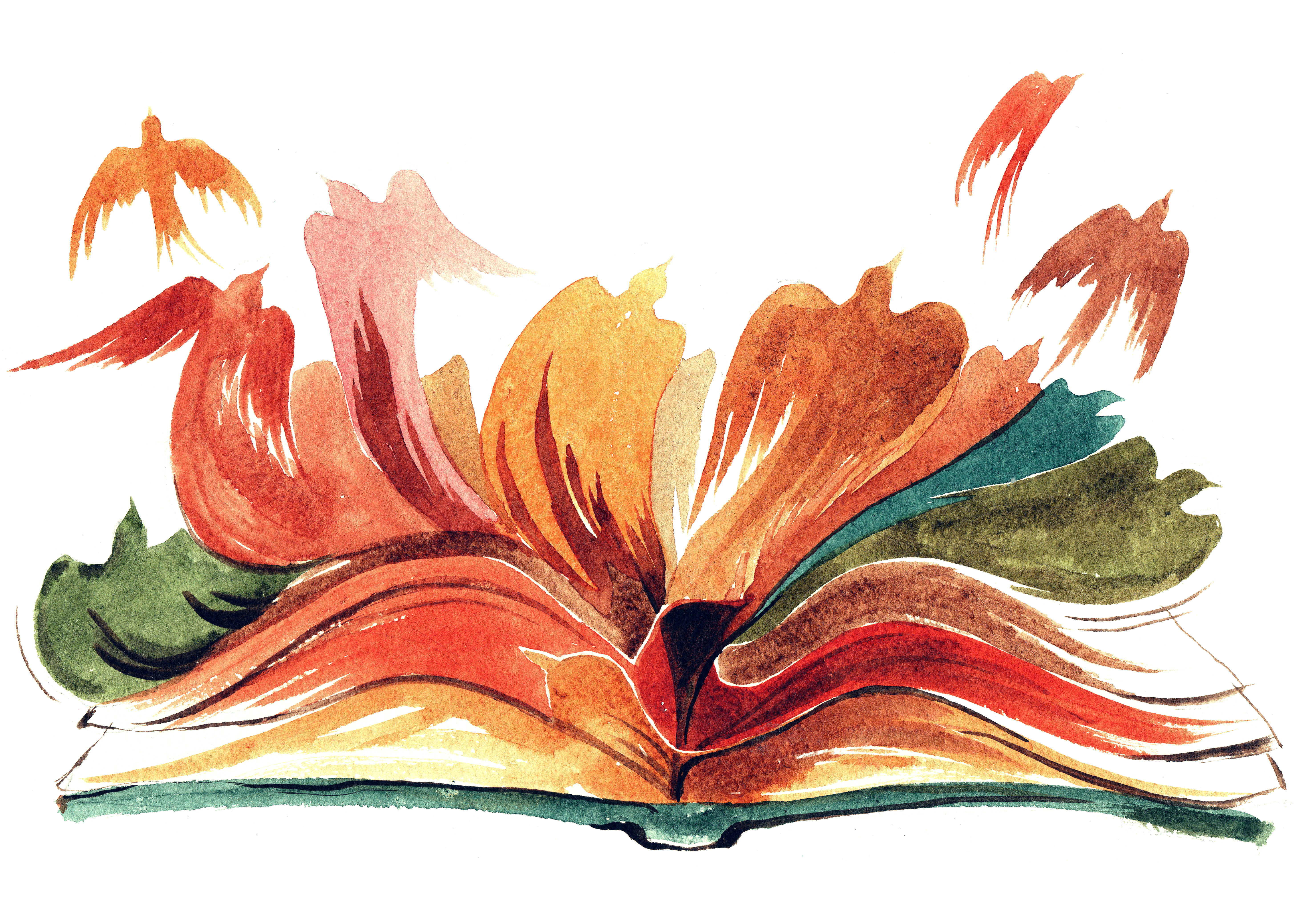![]()

Poetry is doing things with language that exceed the scope of routine communication – it’s rather like painting with words. I occasionally engage in the process, and a handful of my efforts have appeared in poetry journals.
But, I’m a rank amateur; at best, I’ll string together several words in a fashion that isn’t dreadful. Perhaps in my role as a public relations professional I’m slightly more effective at communicating a message. In any case, the nine works briefly discussed below (in chronological order) are examples of poets connecting with the literary otherworld. Though these poems span centuries and represent widely varied styles, each provides a glimpse of poetic perfection.
Beowulf (circa 800?), author/authors unknown
Available to us only because a single, hand-written copy somehow survived through centuries of British history, this Old English epic offers a vision of a world where heroism is the most valued currency. I recommend Burton Raffel’s 1963 translation, and also suggest listening to several lines in the original language to experience the ancient music in words that now are understood only by select scholars.
Shall I compare thee to a summer’s day / Sonnet 18 (1609), by William Shakespeare
In the pantheon of English writers, Shakespeare occupies the best seat. In addition to nearly 40 dramatic works, he penned 154 sonnets – and this is likely his best. It’s certainly his most often quoted, and while the Bard’s language can be challenging for 21st-century readers, “Sonnet 18” is quite straightforward. Few would argue against it being the greatest love poem ever written.
The Old Pond (1686), by Matsuo Bashō
I love the Japanese haiku, with its five-syllable, seven-syllable, five-syllable format and emphasis on nature imagery. Matsuo Bashō is revered as the greatest of haiku masters and his “The Old Pond” – all 17 syllables of it – is generally considered the closest anyone has ever come to writing a flawless haiku.
My Heart’s in the Highlands (1789), by Robert Burns
In Scotland, the “ploughman poet” rose from rural obscurity and became his nation’s most beloved writer of verse. Remarkably lyrical, most of Burns’ works function equally well as song lyrics or poetry. In just 21 lines, this particular poem captures the wild beauty of the Highlands, as expressed by a narrator who misses them desperately.
Ozymandias (1818), by Percy Bysshe Shelley
Among the best-known of the English Romantics, Shelley’s works were infused with his progressive socio-politics. Using the brilliant metaphor of a half-buried statue, his “Ozymandias” requires only 14 lines to express the transience of human power.
I Am the Only Being Whose Doom (written 1836), by Emily Brontë
No other writer fascinates me as Emily Brontë does. She died at 30, leaving behind a single novel, which became a seminal work of English literature. She also produced some 200 poems, which are renowned for the same emotion and wildness that defines her novel. “I Am the Only Being Whose Doom” articulates loneliness and despair with a startling directness.
The Raven (1845), by Edgar Allan Poe
Many readers mistakenly think of Poe as a quirky writer of dark tales and the occasional clever verse. In fact, the combined brilliance of his poetry and prose are unmatched by any other American writer. Since being published, “The Raven” has become perhaps the world’s most famous poem – and certainly the only one after which an NFL team is named.
Song of Myself (multiple versions published from 1855 to 1891), by Walt Whitman
The centerpiece of Whitman’s Leaves of Grass volume, “Song of Myself” faced immediate hostility because of its structural and rhythmic uniqueness. More recent critics have suggested that every 20th and 21st-century American poet has been influenced by the 1,300-line work.
Howl (1956), by Allen Ginsberg
As a college student in 1984, I sat in an undersized lecture hall some 15 feet from Ginsberg while he read “Howl.” It was absolutely spellbinding. The work, 112 lines of free verse, is a shrieking, sometimes harrowing attack on modern society. America’s Beat Generation yielded some remarkable literary works, and “Howl” may well be the finest of them all.

Kurt Praschak
Vice President, Public Relations
SCG Advertising & PR





